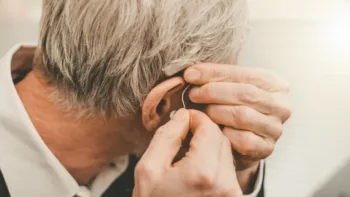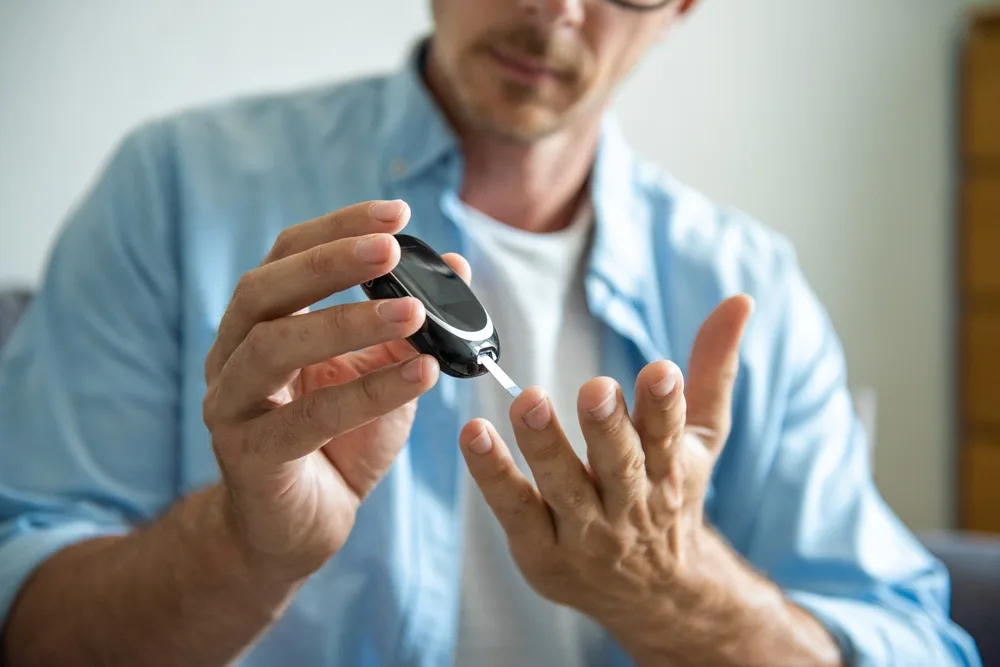
Hearing aids and audiology services can be expensive, but they’re essential for maintaining your quality of life if you experience hearing loss. Fortunately, you don’t have to empty your wallet to get the help you need.
There are plenty of smart strategies to save money on hearing aids, exams, and other audiology services. Whether you’re buying your first pair or looking for more affordable care options, we’ve got you covered with these practical tips. Let’s explore how you can hear better without breaking the bank!
1. Shop Around for Affordable Hearing Aids
Not all hearing aids are priced the same, and costs can vary significantly between providers. To get the best deal:
- Compare Prices: Get quotes from different hearing aid providers, including audiologists, big-box retailers, and online sellers.
- Ask About Bundling: Some providers offer discounts if you purchase multiple hearing aids or services together.
- Consider Refurbished Models: Check for refurbished or pre-owned devices that can be significantly cheaper.
Shopping around allows you to find quality hearing aids at a price that fits your budget.
2. Use Over-the-Counter (OTC) Hearing Aids
Over-the-counter (OTC) hearing aids are a fantastic option for those with mild to moderate hearing loss, offering a more affordable alternative to traditional prescription hearing aids. These devices can often be purchased directly from pharmacies, big-box retailers, or online without needing a prescription or medical exam, saving you both time and money.
OTC hearing aids are generally more budget-friendly, with prices significantly lower than their prescription counterparts. They are designed to be simple to set up and use at home, allowing you to adjust them yourself for a customized fit.
While they might not have all the features of more expensive models, OTC hearing aids can still substantially improve hearing at a fraction of the cost. If you’re looking for an affordable, straightforward solution, consider starting with OTC hearing aids to address your hearing needs.
3. Check If You Qualify for Financial Assistance
Many programs and organizations offer financial help for hearing aids and audiology services. Look into:
- Nonprofits: Groups like the Hearing Aid Project or Starkey Hearing Foundation provide free or low-cost devices to those in need.
- Insurance: Check if your health insurance or Medicare Advantage plan covers hearing aids or audiology exams.
- State Programs: Some states offer financial assistance or loan programs specifically for hearing aids.
A bit of research can uncover valuable resources to help cover your costs.
4. Consider Used or Refurbished Hearing Aids
Purchasing used or refurbished hearing aids is a smart way to save money without sacrificing quality. These devices are often available at a fraction of the cost of new models and are typically professionally cleaned, tested, and reprogrammed to ensure they meet high standards.
Many reputable dealers offer refurbished hearing aids with a limited warranty, providing peace of mind and protection against defects. Choosing a used or refurbished model can be especially beneficial if you need hearing aids but are on a tight budget.
It’s essential to buy from trusted sources, like certified audiologists or established retailers, to ensure you’re getting a reliable product. By considering refurbished options, you can access advanced technology and improved hearing at a much lower price, allowing you to meet your hearing needs without the high cost of brand-new devices.
5. Leverage Health Savings Accounts (HSAs) and Flexible Spending Accounts (FSAs)
Use your HSA or FSA funds to pay for hearing aids and related services. These accounts offer:
- Tax Benefits: Contributions are made pre-tax, effectively lowering your overall costs.
- Flexibility: Use funds for hearing aids, batteries, audiology exams, and repairs.
- Growth Potential: HSAs can grow tax-free, giving you more funds over time.
By planning ahead, you can use these accounts to make hearing care more affordable.
6. Seek Out Community Health Centers and Free Clinics
Community health centers and free clinics can be valuable resources for affordable audiology services, especially for those on a tight budget. Many centers offer free or low-cost hearing assessments, screenings, and basic audiology services. Some even provide discounted hearing aids on a sliding scale based on income, making them accessible to more people.
These clinics are often supported by local or state government programs, nonprofits, or charitable organizations dedicated to providing healthcare to underserved populations. You can receive necessary hearing care at a fraction of the cost charged by private audiologists.
Additionally, these centers can connect you with local resources and programs that may offer further financial assistance. Taking advantage of these community services can help you maintain your hearing health without the financial burden of expensive audiology care.
7. Ask About Payment Plans and Financing Options
Many hearing aid providers offer payment plans or financing options to help spread the cost over time. Look for:
- 0% Interest Financing: Pay off your hearing aids in installments without added interest.
- In-House Payment Plans: Many audiologists offer flexible payment plans tailored to your budget.
- Third-Party Financing: Companies like CareCredit provide special financing for medical expenses, including hearing aids.
These options make it easier to afford the device you need without paying everything upfront.
8. Use Apps and Assistive Devices as Alternatives
If you’re not ready for hearing aids or want to supplement your device, consider apps and assistive devices. Options include:
- Hearing Apps: Apps that amplify sound or enhance certain frequencies can help with mild hearing loss.
- Personal Sound Amplifiers: Over-the-counter devices that can enhance sound without the cost of prescription hearing aids.
- TV Hearing Devices: Specialized devices that make watching TV easier without turning up the volume.
These affordable alternatives can help improve your hearing experience.
9. Look for Discounts, Coupons, and Rebates
Finding discounts, coupons, and rebates can significantly lower the cost of hearing aids. Many manufacturers and retailers offer seasonal sales, promotional deals, or cash-back rebates, especially around major holidays or health awareness events.
Some providers also have special discounts for seniors, veterans, or first-time buyers. Checking with your hearing aid provider, visiting manufacturer websites, or signing up for newsletters can inform you about the latest deals. By taking advantage of these offers, you can reduce your expenses and get quality hearing aids without paying the full price.
10. Take Advantage of Warranty and Repair Services
Make sure your hearing aids come with a good warranty, and take advantage of repair services when needed.
- Warranty Coverage: Protects against defects and can save you on costly replacements.
- Maintenance Plans: Regular check-ups and cleanings keep your device in good working order.
- Repairs vs. Replacements: Often, repairing your hearing aids is cheaper than replacing them.
Proper care and maintenance can extend the life of your hearing aids, maximizing your investment.
By Admin –







